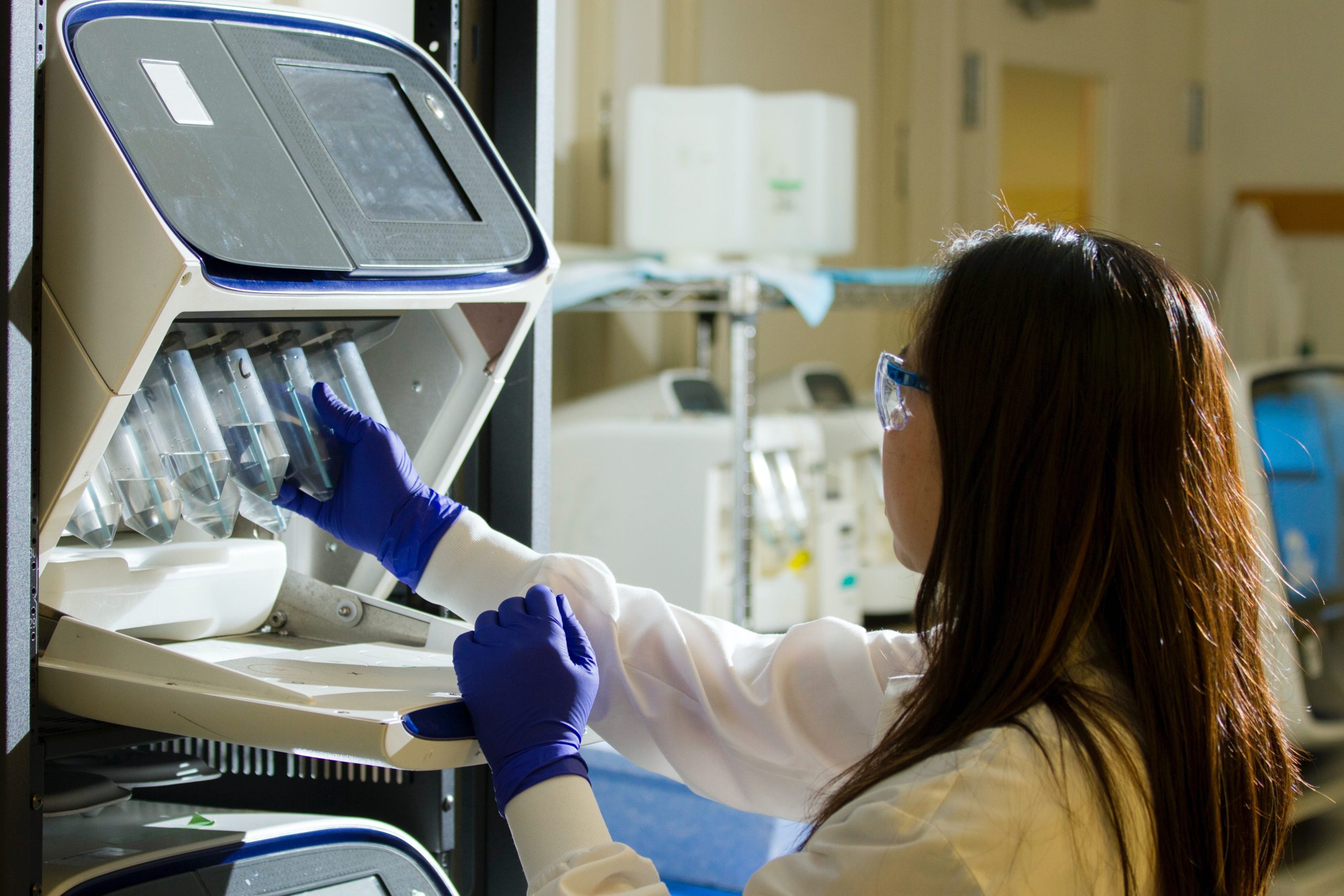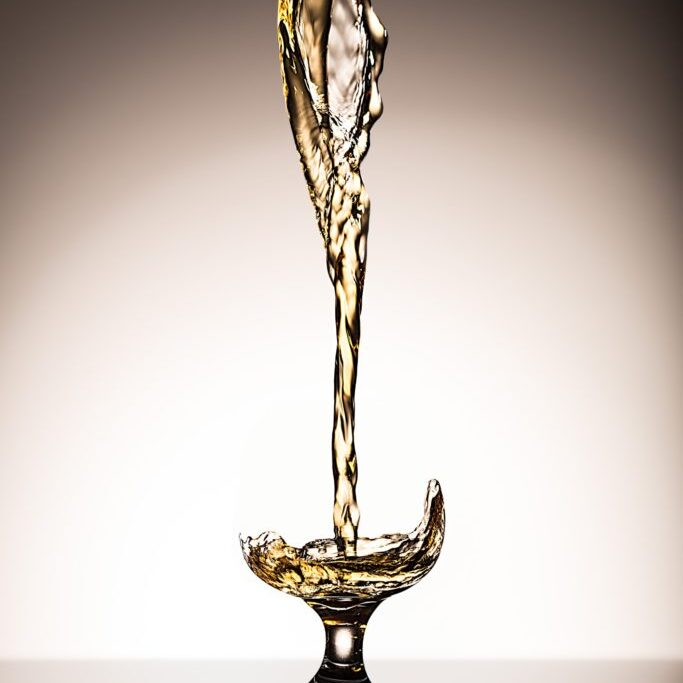Research Grants
Expand Your Work with a Research Grant
The Foundation’s Research Grants provide an annual award of $25,000 in financial support for research projects in dermatology and cutaneous biology that benefit the dermatology community at large.

Know Before You Apply
All Foundation-funded research must be conducted in the U.S. under the sponsorship of a department/division of dermatology that is ACGME-approved for training in dermatology. Applicants must meet the DF’s general eligibility requirements, in addition to award-specific requirements presented on or before the time of funding. Applicants from minority populations are encouraged to apply.
The DF encourages applications concerning health issues impacting applicants from minority populations, including, but not limited to, racial minorities, sexual ¬ gender/LGBTQ minorities, and underserved/disadvantaged populations.
Research Grants FAQs
Am I eligible?
If you meet all of the requirements below, you may be eligible to apply for the Research Grants.
If you meet the requirements below, you may be eligible to apply for a Research Grant.
- MD; MD, PhD; PhD; or DO degree
- Investigator in the early stages of academic career
- Project not funded from other sources
- NOT available to residents unless in a research year of a 4-year program defined by no more than 20% of time devoted to clinical responsibilities
How do I apply for grant funding?
Starting in July 2024, the DF will be accepting new applications for career development awards, fellowships and research grants via our CDAFG Research Award Application Portal. The Applicant Instructions provided below include essential information potential applicants need to know to evaluate the various award opportunities and develop a successful application and research proposal. Interested individuals are strongly encouraged to read sections II and III before assembling their application. Updated application instructions for the 2025 cycle will be available in the coming weeks.
The DF has also prepared a Quick Reference Guide to enable users to quickly acclimate to the online application system.
Application deadline: October 15, 2024

Takeshi Yamauchi, PhD
University of Colorado
Research Grant
Featured Award Recipient
The Role of Ethanol and Acetaldehyde in Melanocytes
Although alcohol consumption correlates with an increased risk of cancers, including melanoma, direct evidence of alcohol-induced melanoma development is lacking. Alcohol is broken down into carcinogenic acetaldehyde, and then detoxified into acetic acid by aldehyde dehydrogenase family 3 member mitochondrial (ALDH2). Here we seek to investigate whether ethanol (alcohol) and acetaldehyde induce relevant mitochondrial dysfunction and DNA damage in melanocytes.
Award Recipients | Research Grants
Nathan Balukoff, MD, PhD
University of Miami
Tunnels of Hidradenitis Suppurativa: the Role of Activated Cellular Phenotype in the Disease Pathoph
Heather Dingwall, PhD
University of Pennsylvania
Uncovering Extrinsic Drivers of Ectodermal Appendage Development
Cheri Frey, MD
Howard University
Spatial Evaluation of Immune-stromal Crosstalk in Discoid Lupus Erythematosus in Skin of Color
Nazgol Sadat Haddadi, MD, MPH
University of Massachusetts
Keratinocytes' Innate Immune Response to Ultraviolet Light B in Cutaneous Lupus Erythematosus
Tomonori Oka, MD, PhD
Harvard University, Massachusetts General Hospital
Exploring How T Helper 2 cell Immunity Eliminates Pre-cancerous Skin Lesions

